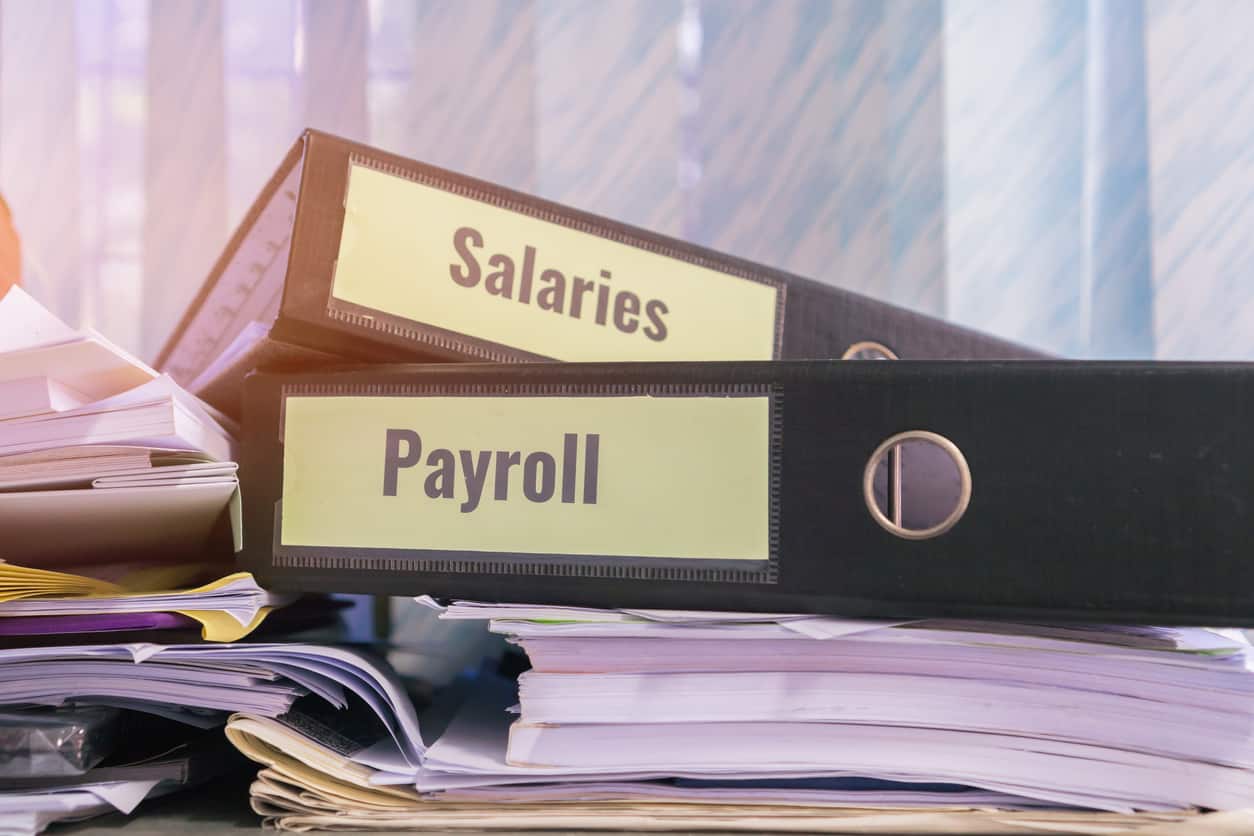Attorney advertisement by Edwin Aiwazian of Lawyers for Justice, PC, headquartered at 450 N Brand Blvd, Glendale, CA 91203
According to California’s wage and hour laws, employers are generally required to pay interest on unpaid wages owed to California employees during any given pay period. The interest rate is set by California law and varies depending on the year and the type of wages owed.
As of January 1, 2022, the interest rate for unpaid wages in California was 5%. This rate applies to most types of unpaid wages, including regular rate of pay, overtime wages, commission wages earned, and bonuses.
The interest on any unpaid hourly rate begins to accrue on the date the wages were originally due, and continues until all wage payments are made. California employers are required to pay the interest along with the unpaid wages and are subject to waiting time penalties if they fail to do so.
It’s important to note that there are exceptions and specific rules that apply to certain types of unpaid or underpaid wages, such as tips and vacation pay. Additionally, there may be different interest rates and rules that apply to unpaid or underpaid wages in other states or jurisdictions.
If California employees believe their employer failed to pay them back pay and wages owed, including interest, they may be eligible for California wage and hour compensation. They should consult with an experienced wage and hour attorney, like the ones at Lawyers for Justice, PC (LFJ). LFJ’s wage claim lawyers have recovered over $1 million for California employees.
Collecting Interest On Unpaid Wages in California
According to California wage and hour laws, employees who are owed unpaid wages by their employer may be entitled to collect interest on those wages in addition to the amount of the unpaid wages.
What Are Back Wages?
Back wages refer to the amount of wages that an employee is owed for work that has already been performed, but has not yet been paid. This can include regular wages, overtime pay, commissions, and other types of compensation.
Back wages can arise for a variety of reasons, like when an employer fails to pay an employee the full amount of wages owed for hours worked, or when an employer fails to pay an employee for overtime or other additional pay that they are entitled to under California law.
Back wages may also be owed if an employee is wrongfully terminated or if an employer violates labor laws, such as minimum wage laws, meal and rest break laws, or anti-discrimination laws.
When an employer owes an employee back wages, the employee has the right to collect those wages through a wage claim or California wage and hour lawsuit. In some cases, the employee may also be entitled to collect interest on the unpaid wages, as well as other penalties or damages.
It’s important for employees to keep accurate records of their hours and wages earned to reduce the likelihood of wage and hour violations resulting in back wages. If a California wage and hour employee believe they are owed back wages, they should consult with a wage and hour lawyer.
Interest on Back Pay and Wages
Interest on backpay refers to the additional amount of money that is added to backpay damages to compensate an employee for the time value of the money that they were owed but did not receive.
In the context of wage and hour employment law, backpay refers to the wages, salary, or benefits that an employee is owed but did not receive due to an employer’s failure to comply with California law. This can include an employer failing to pay minimum wage or overtime wages, or discriminating against the employee based on a protected characteristic.
Interest on backpay is typically calculated from the date that the employee was owed the back pay until the date that the back pay is actually paid.
In the United States, the federal government has established an interest rate of 2.06% per annum for interest on backpay under the Back Pay Act. However, state and local laws may provide for different interest rates or calculation methods.
If a California worker believes they are owed backpay and interest, they should consult with an experienced employment attorney in their area.
Suing for Back Pay and Wages
Suing for back pay is a legal action that an employee can take if they believe they are owed premium pay, overtime pay, wages, salary, or hourly wage benefits that they did not receive from their employer. Back pay lawsuits can be brought for a variety of reasons, such as when an employer violates minimum wage or overtime laws, fails to pay commissions or bonuses, or engages in discrimination or retaliation.
To sue for back pay, an employee must typically file a complaint or lawsuit in court or with an administrative agency such as the Equal Employment Opportunity Commission (EEOC) or the Department of Labor. The employee will need to provide evidence to support their claim, such as timesheets, pay stubs, employment contracts, or other relevant documents.
If the employee is successful in their back pay lawsuit, they may be awarded damages in the form of the back pay they are owed, as well as interest and other compensation for any harm they suffered as a result of the employer’s actions and/or failure to pay sufficient wages. The specific amount of damages will depend on the nature of the claim, the jurisdiction, and other factors.
It’s important for employees to consult with an experienced wage and hour lawyer before suing for back pay to understand their legal rights and options. An employment attorney can help evaluate the strength of the employee’s claim, identify potential legal defenses or counterclaims, and navigate the legal process to maximize the chances of a successful outcome.
LFJ offers a free consultation to evaluate an employee’s case. Call (818) JUSTICE today to speak to a representative.
Attorney advertisement by Edwin Aiwazian of Lawyers for Justice, PC, headquartered at 450 N Brand Blvd, Glendale, CA 91203
Think you deserve justice?
-
Get a Free Case Evaluation
-
Retain Service with No Upfront Cost
-
Get the Justice You Deserve
-
No Win, No Pay









